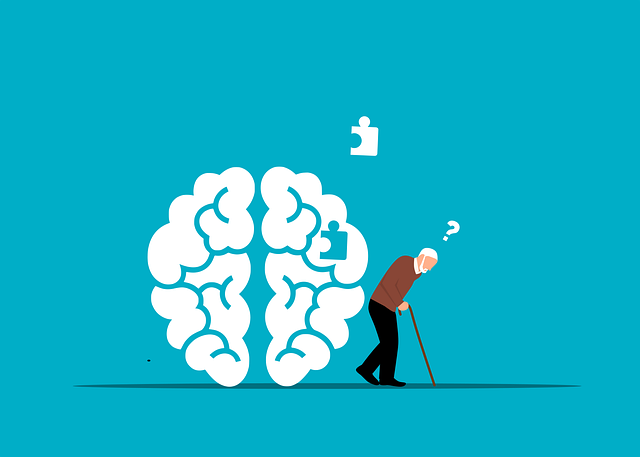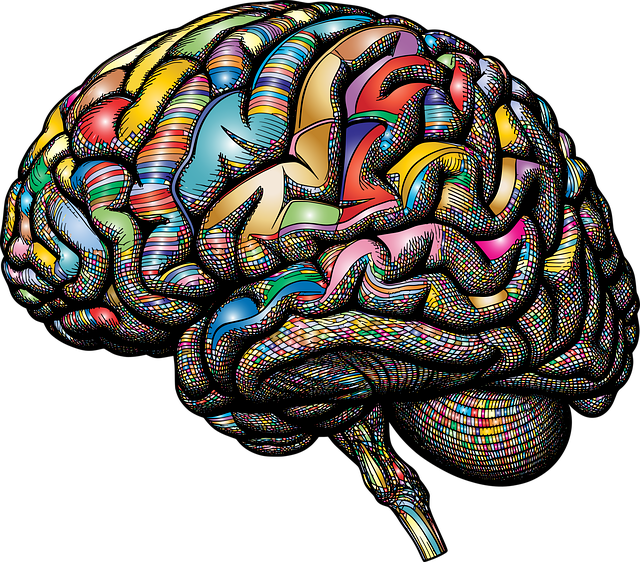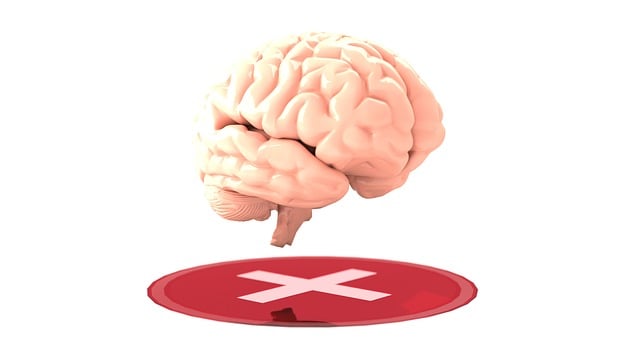Positive thinking exercises, combined with cognitive-behavioral therapy (CBT) and mindfulness practices, offer a novel and effective therapy for adolescent teens struggling with sexual addiction. These techniques empower teens by shifting negative thought patterns to positive ones, teaching coping strategies, stress management skills, and healthier emotional processing methods. Integrating Mental Health Education focused on positive thinking equips adolescents with the tools needed to make informed decisions regarding their sexual health and overall mental wellness, fostering resilience against relapse. Tailored exercises address developmental challenges like self-esteem issues and peer pressure, using techniques such as challenging negative thoughts, cultivating gratitude, and mindfulness to regulate emotions and improve decision-making.
Positive thinking exercises offer a promising approach to addressing teen sexual addiction, potentially transforming their lives and healing journeys. This article delves into the profound impact of optimism on breaking the cycle of compulsive behaviors, specifically targeting adolescent teens battling sexual addiction. We provide practical strategies for therapists, focusing on designing engaging exercises tailored to adolescents. By exploring effective integration techniques, professionals can foster sustainable positive thinking in therapy, empowering teens to make healthier choices and promote long-term recovery.
- Understanding the Impact of Positive Thinking on Teen Sexual Addiction
- Designing Effective Positive Thinking Exercises for Adolescents
- Strategies for Integrating and Sustaining Positive Thinking in Teen Therapy
Understanding the Impact of Positive Thinking on Teen Sexual Addiction

Positive thinking exercises have emerged as a powerful tool in addressing teen sexual addiction, offering a unique approach to therapy for adolescent teens. This method leverages the mind’s incredible capacity for change, focusing on shifting negative thought patterns towards more positive and healthier ones. By incorporating techniques like cognitive-behavioral therapy (CBT) and mindfulness practices, Mental Wellness Coaching Programs can be tailored to promote emotional well-being and curb addictive behaviors.
The impact of these exercises is profound, as they not only help in managing symptoms but also foster resilience against relapsing into sexual addiction. Emotional Well-being Promotion Techniques often involve teaching teens coping strategies, stress management skills, and healthier ways to process emotions. Moreover, integrating Mental Health Education Programs designed around positive thinking can empower adolescents with the knowledge and self-awareness needed to make better choices regarding their sexual health and overall mental wellness.
Designing Effective Positive Thinking Exercises for Adolescents

Designing effective positive thinking exercises for adolescents requires a nuanced approach that caters to their unique developmental stage and challenges. Adolescent teens often struggle with issues related to self-esteem, identity formation, and managing peer pressure, which can be compounded by sexual addiction. Therefore, therapy sessions should focus on building mental health education programs designed to foster resilience and inner strength development.
These exercises should encourage adolescents to challenge negative thought patterns, replace them with positive affirmations, and cultivate gratitude practices. Incorporating mindfulness techniques like meditation or journaling prompts can help teens regulate emotions and gain a deeper understanding of their thoughts. By integrating these strategies into therapy, professionals can empower young individuals to navigate life’s challenges with enhanced coping mechanisms, improved mental well-being, and a more optimistic outlook.
Strategies for Integrating and Sustaining Positive Thinking in Teen Therapy

Integrating positive thinking exercises into teen therapy is a powerful approach to enhance coping skills development and address issues like sexual addiction. Therapists can employ various strategies to make this process sustainable for adolescents. One effective method is incorporating mindfulness practices, such as meditation or guided imagery, which help teens focus on the present moment and reframe negative thoughts. These techniques not only improve emotional regulation but also foster a sense of calm, enabling better decision-making.
Additionally, encouraging positive self-talk and affirmations can significantly boost resilience building in adolescent therapy. Therapists should guide teens in identifying unhelpful thought patterns and replacing them with realistic, positive statements. This practice strengthens their ability to navigate challenges and promotes a more optimistic outlook. Public awareness campaigns development centered around positive thinking can further reinforce these strategies, providing teens with additional tools and resources to sustain their progress outside of therapy sessions.
Positive thinking exercises have emerged as a powerful tool in therapy for adolescent teens with sexual addiction. By integrating these strategies into treatment plans, therapists can empower young individuals to develop healthier mindsets and cope mechanisms. Through structured activities that promote optimism, self-compassion, and resilience, adolescents can navigate their recovery journey with increased confidence and improved emotional well-being. This holistic approach not only addresses the symptoms of sexual addiction but also fosters long-term mental health and overall life satisfaction.












